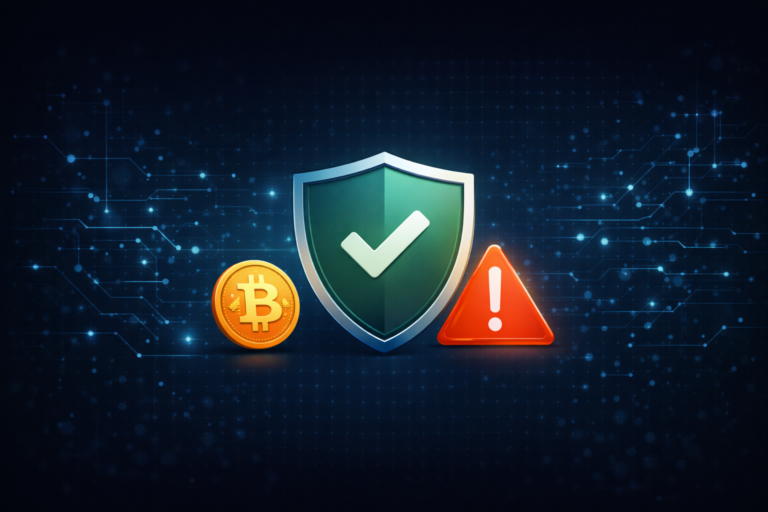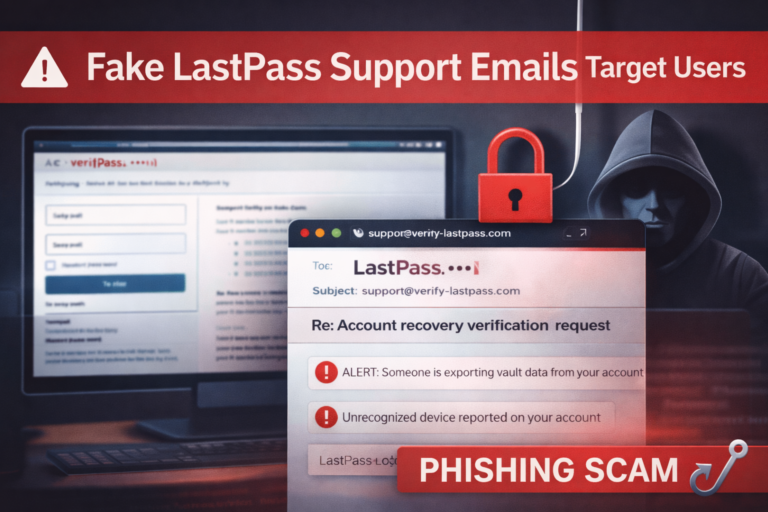
Security flaw has been disclosed in Amazon Elastic Container Registry (ECR) Public Gallery that could have been potentially exploited according to cloud security firm Lightspin.
Amazon ECR Public Gallery
The Amazon ECR Public Gallery is a public portal that lists all public repositories hosted on the Amazon ECR Public service. Popular companies, projects, and services, such as NGINX, Ubuntu, Amazon Linux, and HashiCorp Consul, publish their images in the gallery for public consumption and usage.
Amazon ECR users create public repositories and define the catalog data that appears in the Amazon ECR Public Gallery. The catalog data includes the repository name, a short description, a more detailed description on the About tab, and detailed usage instructions on the Usage tab.
AWS accounts that publish popular or commonly used images can request a Verified account badge by contacting support.
“A malicious actor could poison popular images, all while abusing the trust model of ECR Public as these images would masquerade as being verified and thus undermine the ECR Public supply chain,” Research said.
“This vulnerability could potentially lead to denials of service, data exfiltration, lateral movement, privilege escalation, data destruction, and other multivariate attack paths that are only limited by the craftiness and goals of the adversary.”
But the issue identified by Lightspin meant that it could be weaponized by external actors to delete, update, and create poisoned versions of legitimate images in registries and repositories that belong to other AWS accounts by taking advantage of undocumented internal ECR Public APIs.
This is achieved by acquiring temporary credentials using Amazon Cognito to authorize requests to the internal APIs and activate the action to delete images using “DeleteImageForConvergentReplicationInternal,” or alternatively push a new image via the “PutImageForConvergentReplicationInternal” action.
The researcher reported the vulnerability to AWS Security on November 15, 2022, and Amazon rolled out a fix in under 24 hours.
AWS said they have conducted exhaustive analysis of all logs and confident about their review was conclusive, and that the only activity associated with this issue was between accounts owned by the researcher.
Follow Us on: Twitter, Instagram, Facebook to get the latest security news!




